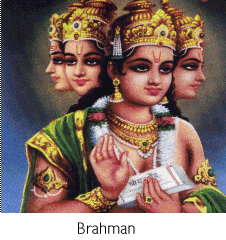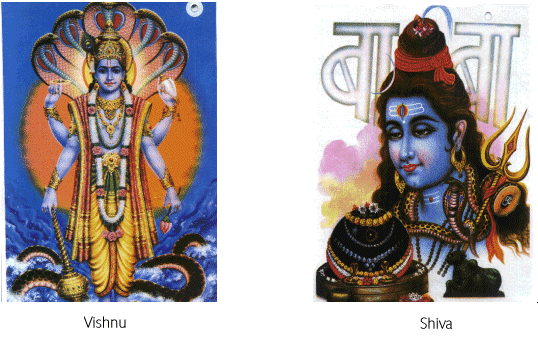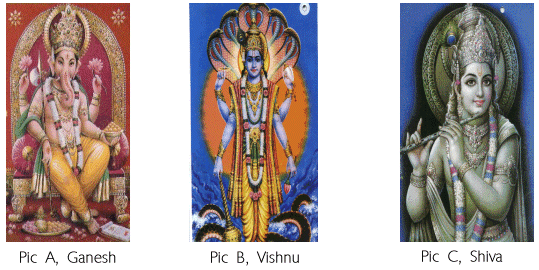

 | Draw sketches in the boxes below to describe the captions. Then write a paragraph in response to the following: "If God were a piece of furniture or a flower, what kind would he be and why?" |
|
God is like a rescuer who gets you out of trouble |
God is like a policeman who makes sure you keep the law |
|
God is like an old man in the sky looking down on us |
God is like Santa Clause, he gives us things we want |
| One day, three blind men came across an elephant. Each wanted to know what the elephant was like, and began to touch the elephant. The first said the elephant was like a pillar, as he had only found his leg. The second said it was like a great fan, as he had found his ear. The third said it was like a jungle vine, as he had found its trunk. Each man had a different version of what an elephant was like. They were all partly right but none of them had gathered the whole truth. |
| I am the God of your father, Abraham Exodus 3:6 | |
|
Hear my cry, O God, listen to my prayer Psalm 61:1 |
I will bring you out of Egypt Exodus 3:17 |
|
Then God said, 'And now we will make human beings; they will be like us and resemble us. They will have power over the fish, the birds, and all animals, domestic and wild, large and small.' So God created human beings, making them to be like himself. He created them male and female Genesis 1:26-28 |


 | Look at the pictures of Hindu deities below then suggest how a God is portrayed as impersonal and how is God shown as personal. Why do you think most Hindus prefer to see God in personal terms? |

|
|
He is with you, wherever you are. Surah 57:4 |
But he who repents after he has committed wrong, and makes amends, Allah will graciously turn to him. Surah 5:39 |
|
No vision can grasp him, but his grasp is over all vision: he is above all understanding; yet he himself knows everything. Surah 6:103 |
He brings them out...from darkness to light and directs them on to the straight way. Surah 5:16 |
 | Copy out those extracts which suggest God is personal. Copy out those which suggest God is impersonal. Finally which extract do you think offers the most appropriate description for God? Give reasons for your answer. |